Our Mission to Protect the World’s Forests
We are working in 60+ countries to build sustainable, rural economies—a proven strategy to keep our forests standing.... Continue Reading
Home / Issues / Forests & Biodiversity / Page 37
Forests are critical to every living thing on Earth. Not only do they give us clean air, shelter, and rain, they house 80 percent of the world’s terrestrial biodiversity. Alarmingly, humans have destroyed half of the world’s tropical forests and driven extinction rates up thousands of times higher than what is natural.
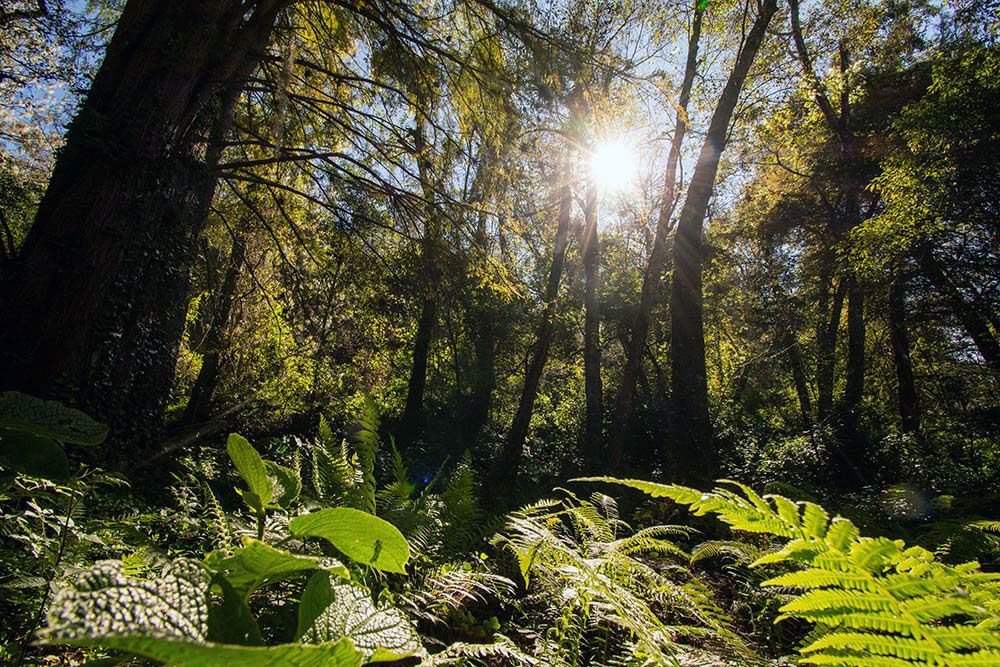
Forests are a powerful natural climate solution. As trees grow, they absorb and store carbon emissions, while releasing oxygen into the atmosphere. Conserving forests could cut an estimated 7 billion metric tons of carbon dioxide each year—the equivalent of getting rid of every car on the planet.
![]()
in the forest concessions of the Maya Biosphere Reserve, Guatemala*
In Guatemala’s Maya Biosphere Reserve, twelve community forestry concessions safeguard around 417,269 hectares of the largest and most important tropical forest north of the Amazon. These community-run concessions boast a near-zero deforestation rate—a remarkable feat given that adjacent areas suffer some of the highest deforestation rates in the Americas.
*Community forestry concessions in Guatemala’s Maya Biosphere Reserve have demonstrated a near-zero deforestation rate, since data collection began in 2000. Data accurate as of December 2019.
![]()
From 2020 through 2021, farmers we work with in the buffer zone of Indonesia’s Bukit Barisan Selatan National Park planted 45,000 trees in the area directly bordering the park. In addition, we identified 80 farms that sit in a wildlife corridor used by the critically endangered Sumatran elephant. We supported these farmers in planting species that suit the elephants’ diet.
*Data accurate as of December 2022
Together with forest and farming communities, Indigenous leaders, companies, governments, and global citizens, the Rainforest Alliance works in 58 countries to promote more sustainable land management practices while cultivating thriving rural economies—the most widely proven strategy to restore biodiversity and keep our tropical forests standing.
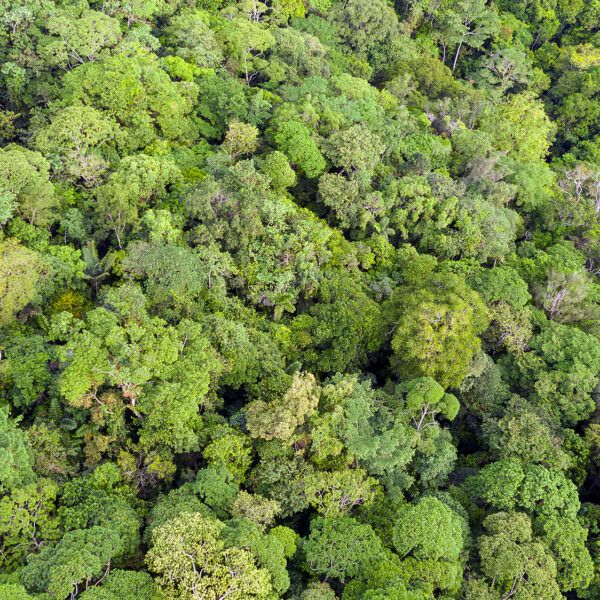
We are working in 60+ countries to build sustainable, rural economies—a proven strategy to keep our forests standing.... Continue Reading
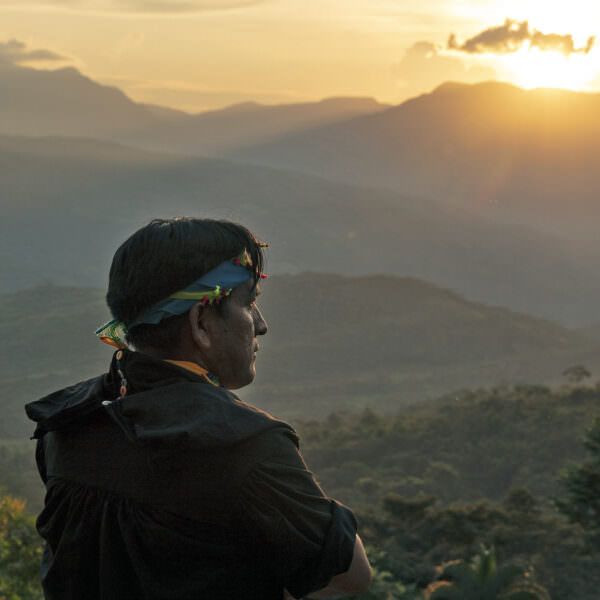
Indigenous peoples and local communities have an unsurpassed connection to the Earth's forests. ... Continue Reading
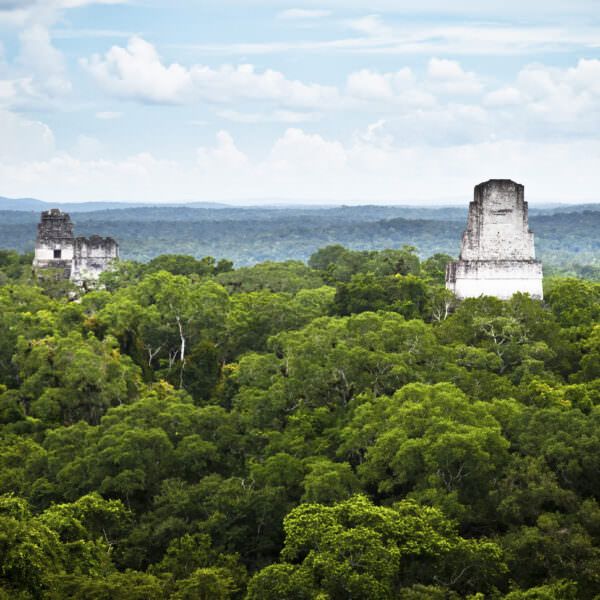
The forest concessions of the Maya Biosphere Reserve have boasted a near-zero deforestation rate for 20 years.... Continue Reading
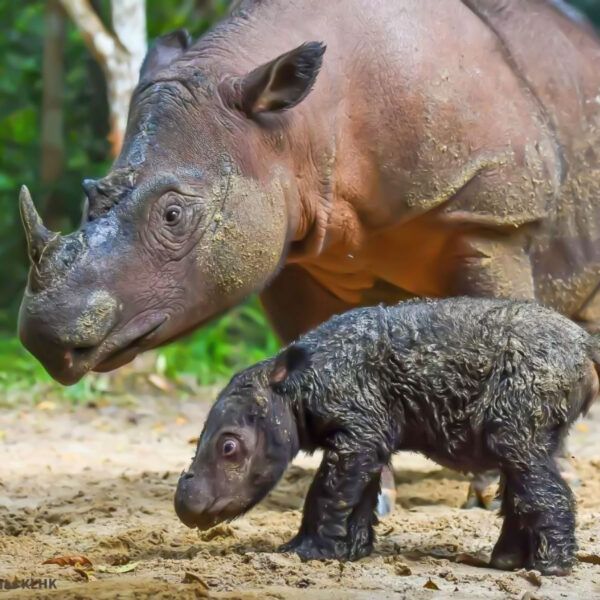
We're training coffee farmers in the Bukit Barisan Selatan National Park buffer zone to help them conserve biodiversity and improve their livelihoods.... Continue Reading

These five animals represent a tiny fraction of those threatened by deforestation and climate change. There are many ways to get help, but one simple, first step we can all take is to choose certified sustainable products.... Continue Reading

In its new position paper published today, “Halting Deforestation and Achieving Sustainability,” the Rainforest Alliance addresses the recent surge in deforestation-free pledges. Timed to coincide with an Innovation Forum event in Washington, DC on “How Business Can Tackle Deforestation,” the paper argues the deforestation-free trend is an exciting development, but needs definition, focus, and accountability […]

A new report published today by the Climate, Nature and Communities in Guatemala (CNCG) project analyzes deforestation trends in the 2.1 million-hectare Maya Biosphere Reserve (MBR), the largest protected area in Mesoamerica. The report confirms that production forestry in the hands of local communities can conserve forests as effectively as strict reserves. CNCG is a project financed […]

Covering close to 2.1 million hectares, Guatemala’s Maya Biosphere Reserve (MBR) is the largest protected area in Central America and home to about 180,000 people, as well as globally important biodiversity and cultural heritage. This report by the Rainforest Alliance, Consejo Nacional de Áreas Protegidas (CONAP), and the Wildlife Conservation Society analyzes deforestation trends in […]

Moderate progress made, more work to do. An independent evaluation by the Rainforest Alliance released today reports that Asia Pulp & Paper (APP) has made moderate progress to meet its Forest Conservation Policy (FCP) Commitments, which were announced two years ago. Early in 2013 APP approached the Rainforest Alliance to conduct an independent evaluation of […]

As one of the only such projects in the world that is building on community-based production forestry and enterprise, GuateCarbon is generating important lessons with global significance.